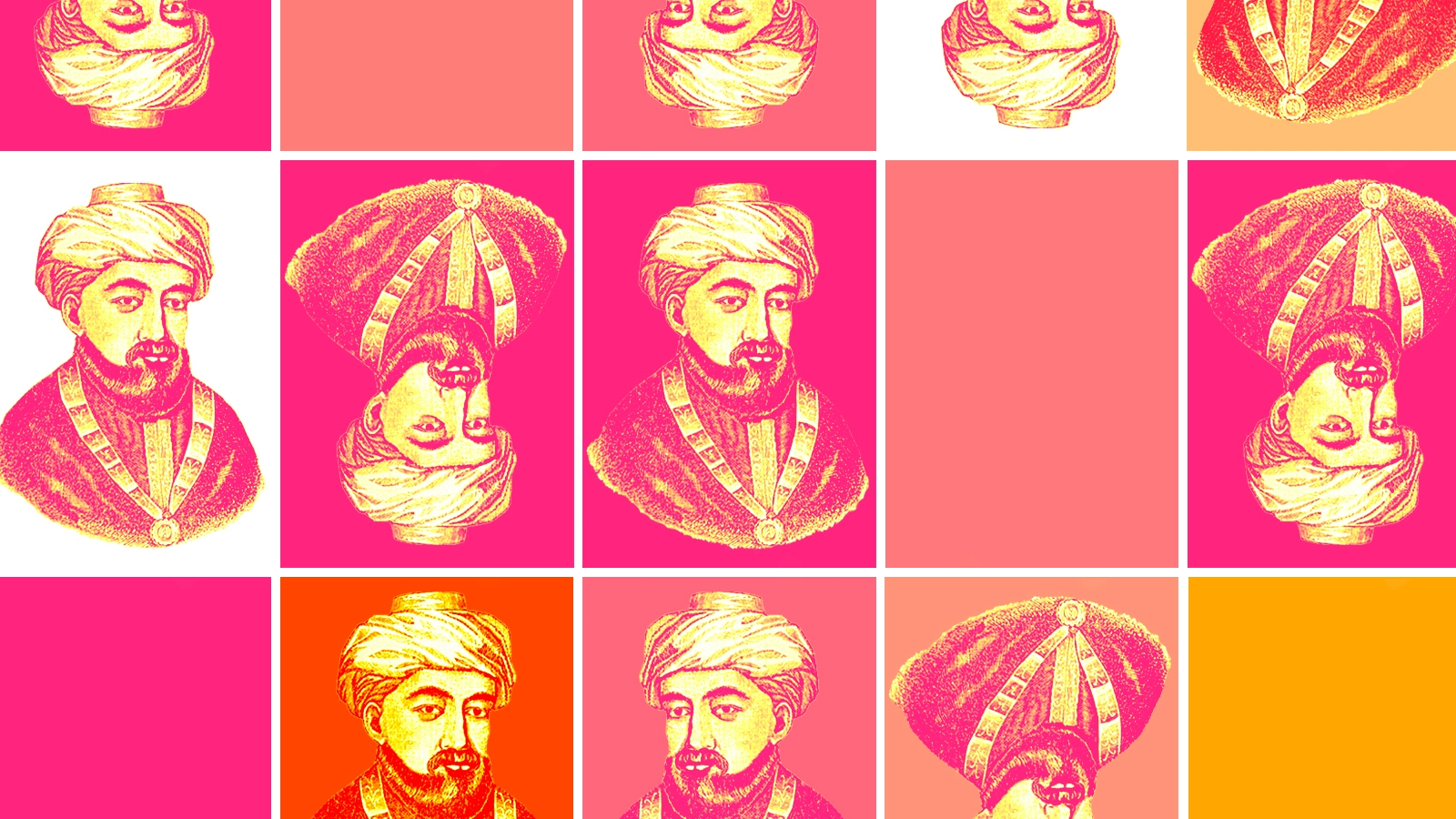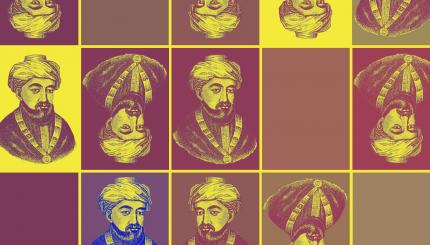Alongside his many contributions to Jewish communal life, Jewish law, and medicine, Maimonides is widely regarded as one of the greatest Jewish philosophers of all time. Although he wrote his main philosophical work, The Guide for the Perplexed, in Judeo-Arabic, it was soon translated into Hebrew and became an integral part of a nascent Hebrew philosophical tradition.
The Guide is no ordinary philosophical tract. It is not a straightforward work of philosophy, but a guide, a work of both exegesis and instruction. And since readers are bound to be at different stages in their education, Maimonides needed to address them all. The Guide demands dedicated study — not only of itself, but also, as Maimonides puts it, of “everything that ought to be learned.” That is the only way to pick up on all the allusions and understand the background to its arguments.
Maimonides’ objective in the Guide was to place Judaism on a rational footing by justifying Jewish law and grounding it in a rationale that would, in principle, be intelligible to everyone. His philosophical approach was deeply influenced by Greek learning — in particular Aristotle, who was among the most important philosophical authorities for medieval Islamic thinkers — as well as other philosophers. Maimonides held such figures in high regard and pressed their ideas into the service of his project to interpret Judaism in line with contemporary thought. Since Maimonides viewed Judaism as rationally justifiable, he believed its teachings could not conflict with facts that were demonstrated to be true through philosophical and scientific means.
Maimonides was open to convincing arguments from any source. He famously said that ideas should not be judged on the basis of who makes them or which tradition they come from, but only on whether they can be proved. “Listen to the truth from whoever says it,” Maimonides counseled. Likewise, flawed arguments put forward by Jews, even learned ones recognized as religious authorities, should be rejected. According to Maimonides, true philosophical opinions must be believed even if they appear to conflict with the Bible itself.
With your help, My Jewish Learning can provide endless opportunities for learning, connection and discovery.
This is evident in Maimonides’ interpretations of texts about God. The Bible depicts God speaking, walking, seeing, and even regretting and reconsidering plans. Maimonides insists that such a God is impossible. God is incorporeal, not possessed of passion and emotion, unchanging, and absolutely indivisible. Anything that lacks those qualities cannot be God. If sacred texts seem to suggest the opposite, they must be trying to teach something other than the literal meaning. Jewish texts, Maimonides taught, have an “inner” intention alongside their surface meaning. Philosophical tools can help uncover it.
Maimonides argues that his claims about God follow from a belief that God is a creator God. By this, Maimonides meant that God created everything ex nihilo, from nothing. This sort of creation is inconceivable to humans, who create pictures or poems or robots out of material that already exists. Only God created something literally from nothing. We also have no real comprehension of what “nothingness” is; even empty space has dimensions. Since we have no idea what nothingness is, we can have no idea how something can come to be from nothing.
Sign up here for “There Was None Like Maimonides,” My Jewish Learning’s email series about the legendary Jewish thinker.
In Maimonides’ philosophy then, God and creation are beyond all human comprehension and are entirely mysterious. These ideas have important ramifications. Belief in an unknowable creator God is a real challenge to those who think they know what should be worshipped and how. If only God is worthy of worship and God is unknowable, belief in God requires making sure not to place ultimate value on anything worldly, whether wealth, beauty, honor, or even a political entity. Doing so would constitute idolatry, the worship of something intelligible and therefore created.
Maimonides thought that proper service of God was achieved through actions done with the ultimate aim of improving oneself and the world. It’s therefore important for Maimonides that the commandments have reasons and aim at something good. If God were to issue pointless commands, God would be acting frivolously. Maimonides argued that the commandments all ultimately aim at two things: Training people to acquire virtues of character and intellect, and creating a perfect society in which they are able to do so.
What about prayer? Should we be praising God with words that we understand to be entirely inappropriate anthropomorphisms? At one point, Maimonides seemed to suggest we should not when he wrote that “silence is praise to you.” Nevertheless, he did not wish to dispense with prayer altogether. Prayer is necessary for humans and an important part of the religious life. But Maimonides argues that it needs to be done properly, for the right reasons and with the right aims in mind. Like all the commandments, Maimonides believed prayer must be aimed at human perfection.
True worship of God, according to Maimonides, involves being the best possible versions of ourselves. Since we all possess the capacity for reason, this entails using it to understand the whole of creation, so far as that is possible. Understanding the world properly enables us to appreciate the relative importance of all things, including ourselves and our place in the whole of creation. Jewish law, says Maimonides, is the best possible system to facilitate these aims.
In Maimonides’ world, religion and philosophy were not necessarily distinct, even though he understood that different audiences need to be addressed in different ways. Observing the practical commandments is the first step in the process of building a virtuous character. Philosophical study builds on this training. Together, both philosophy and religion ultimately end in wonder and pious reverence for the creation and its creator.
Today, Maimonides’ universalist message and rationalistic bent make him a valuable resource for forms of Judaism that engage deeply with the outside world, whether Orthodox or not. He represents an approach to the world and to Jewish tradition that is still valuable, one for which pursuing scientific understanding is a religious obligation. These twin commitments — to tradition and community, on the one hand, and to truth, curiosity, and the wider world on the other — remain important today. It is little wonder that his thought continues to hold such fascination and prove so fruitful.



